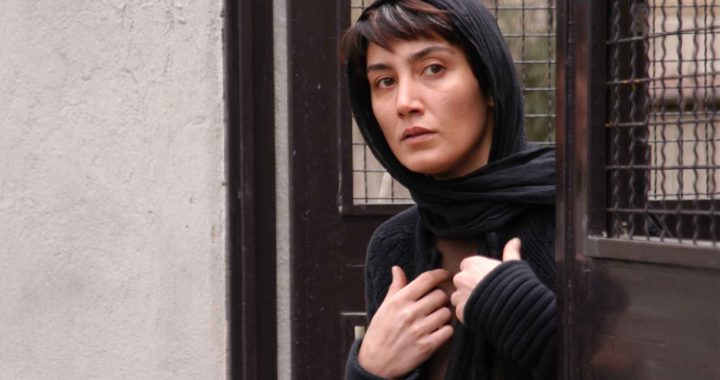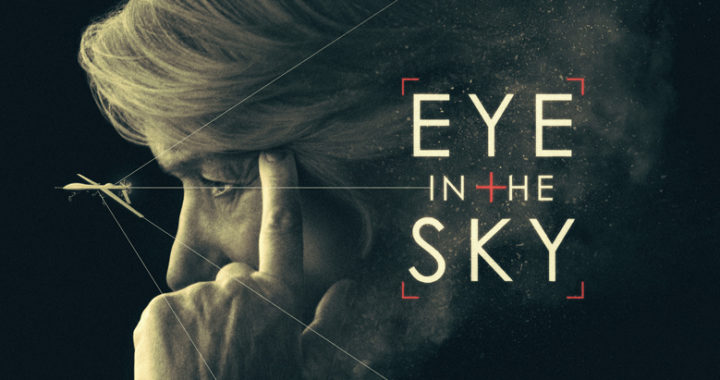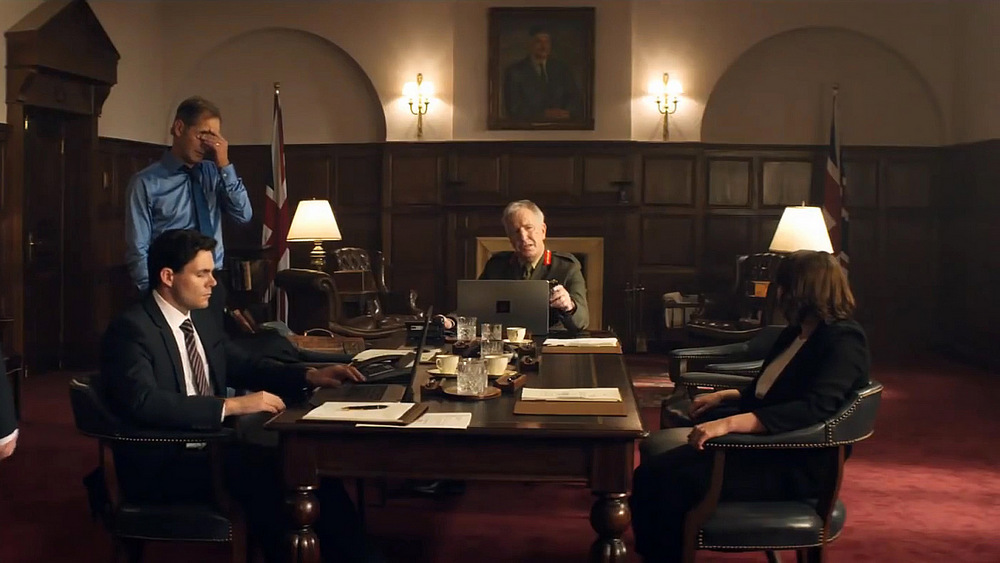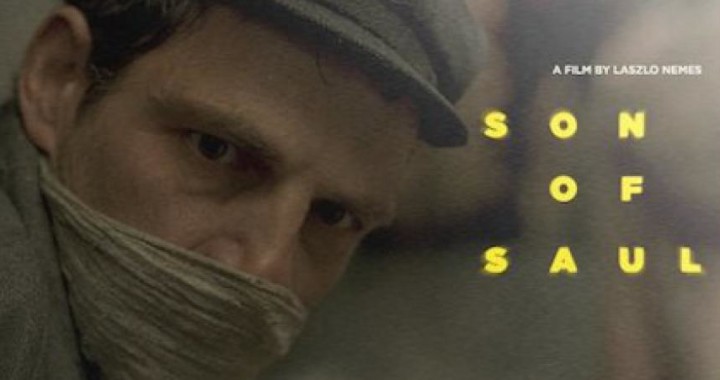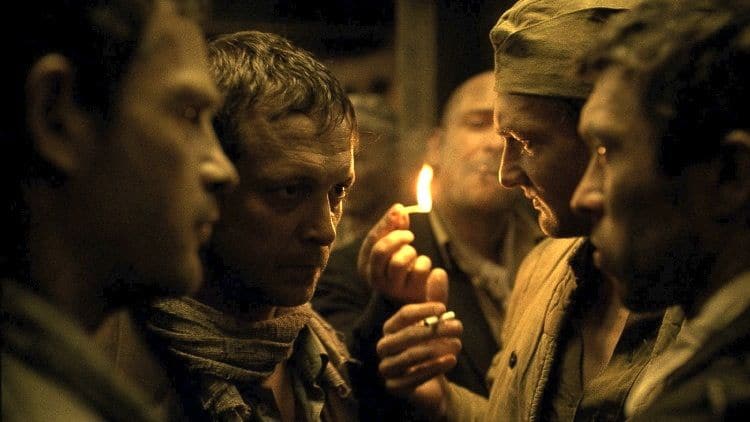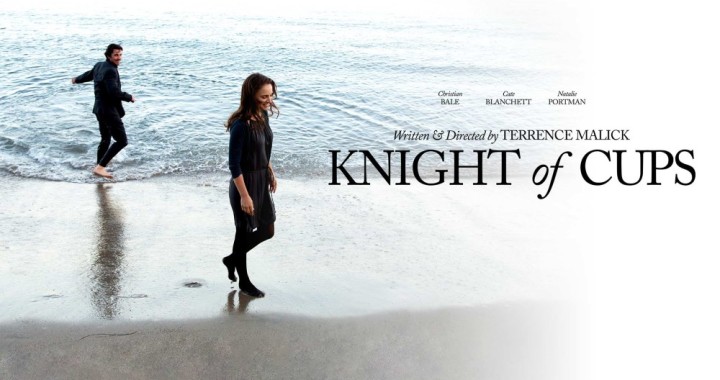In 2011, Iranian director Asghar Farhadi won the Academy Award for Best Foreign Language Film with A Separation. Despite being his 5th feature film, it was his first to play in the United States. Since then, distributors have been releasing his back catalog starting with About Elly last year and now Fireworks Wednesday, originally released in 2006. As with his previous films, this is a domestic drama. A young woman, Roohi (Taraneh Alidoosti; About Elly), working as a maid through a temp agency goes to the apartment of a couple about to leave for vacation. Their home is a mess with broken glass from an argument the previous night. During the course of the day, Roohi becomes increasingly entangled in the potential infidelity that led to the fight and plays a vital role in alternatingly fanning and dousing the flames.
Fireworks Wednesday uses minute details to drive its tension. Farhadi’s other films also rely on this technique, but it is noticeably less effective here. The film has a much slower start because, unlike the movies that would follow, the main character is not central to the conflict – she is an outsider. The source of the central conflict is not revealed soon enough making the beginning of the film largely irrelevant as it only serves to introduce Roohi to the scenario. This breaks the sympathy found in Farhadi’s later works. Roohi does not need to be involved in the situation so the drama seems forced and avoidable. Her actions seem like the work of a well-intentioned busybody rather than the tragic, but understandable mistakes of the heartbreakingly human characters we have come to expect from the director.

The film lacks the mystery needed to entice the viewer. Roohi’s actions are all shown on screen so instead of the startling revelations of Farhadi’s newest releases, the limited suspense can only be derived from waiting to see how other characters respond which is rarely a surprise. Furthermore, the key details that lead to conflicts are more blatantly telegraphed. Fireworks Wednesday was only the 3rd film from Farhadi so it is likely that he was still honing his craft here. It is also the last film of his to have a co-writer, which may have contributed to the lack of subtlety in the script.
The performances, however, are consistently strong. Even when the story approaches melodrama, the actors are always believable in their desperation. Characters can swing from innocent to guilty and back again without jarring shifts in tone. The young son of the couple is particularly effective during his brief screen time. Farhadi has had a trend of using children as the voice of reason during chaos. While the adults bend facts and focus on the drama from their perspective, the boy clearly articulates the situation in a sweet and tearful explanation to his confused uncle. The director’s strengths with actors are evident even early in his career.
It’s almost unfair to compare this film, or any other for that matter, to the high bar set by Farhadi’s last three projects. Most movies released would come up short because there are few filmmakers working today that can match his intricate plots and subtly escalating tension. Fireworks Wednesday does not have the precision of its successors, but it is a promising rough draft of the template Farhadi would later perfect.

3/5 stars.
